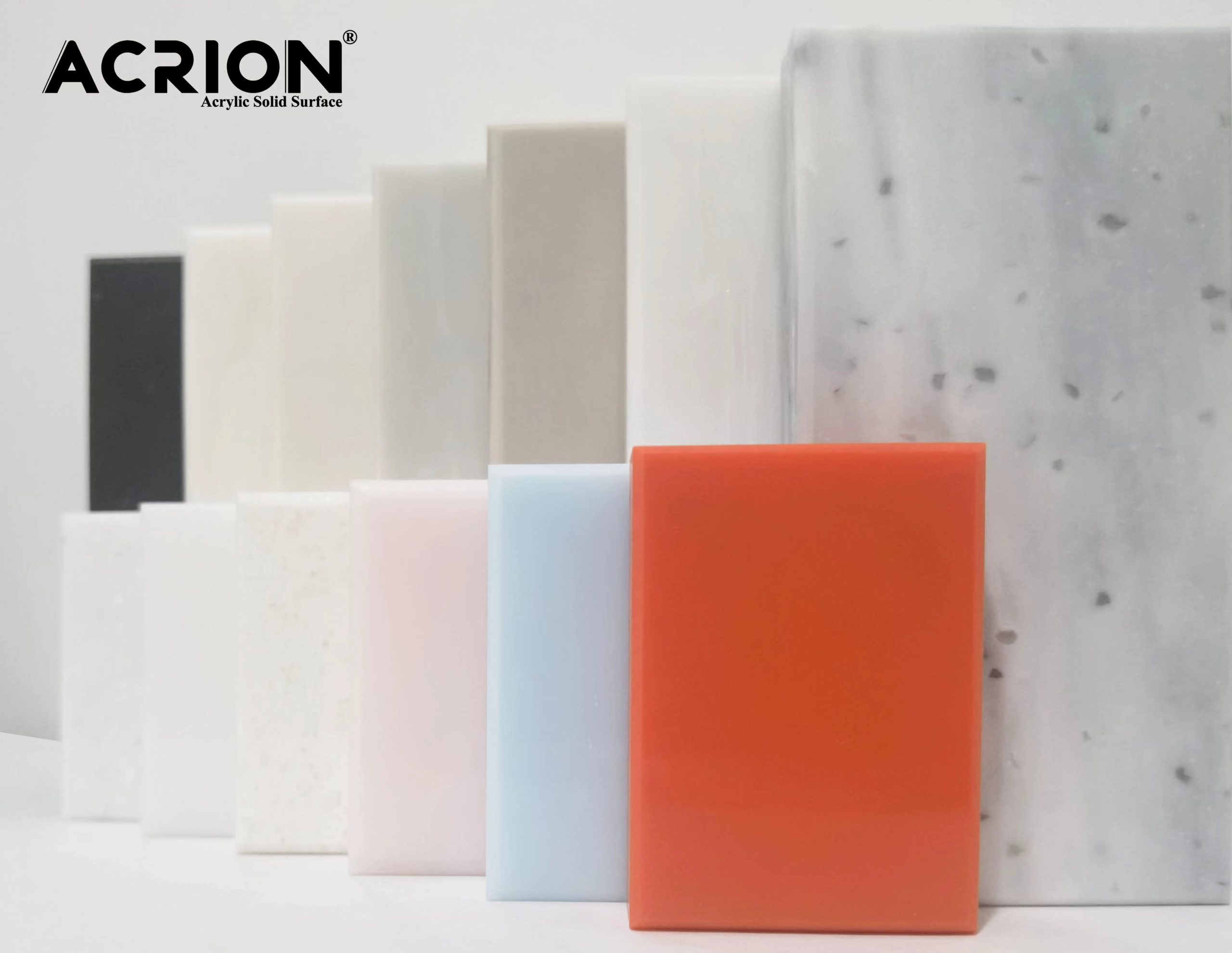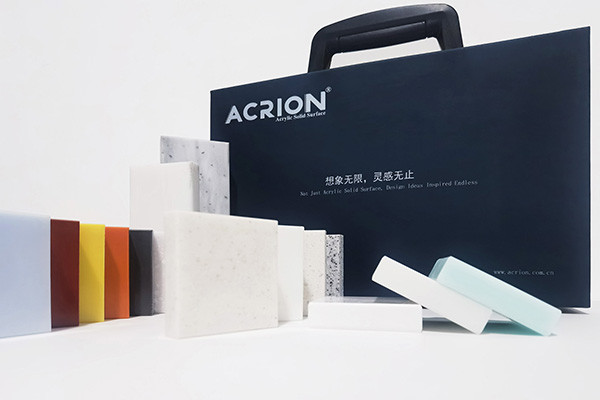La dureza y la resistencia de la superficie sólida del ácido acrílico están influenciados por múltiples factores, como la temperatura de transición de vidrio (valor de TG) de la resina, las condiciones de curado, la composición de la fórmula y los métodos de prueba. El siguiente es un análisis de varios aspectos, incluida la relación entre la dureza y el valor de TG, los métodos de prueba de resistencia y los factores que afectan la dureza y la fuerza:
La relación entre dureza y valor TG
Cuanto mayor sea el valor TG de la resina acrílica, mayor será la dureza de la resina, y los dos son directamente proporcionales. Cuando aumenta el valor de TG, la dureza de la película de recubrimiento aumenta y la resistencia a los rasguños aumenta. Por el contrario, cuanto más bajo sea el valor TG, menor será la dureza de la película de recubrimiento y peor es la resistencia a los rasguños. Por ejemplo, cuando la resina acrílica funcional del valor TG es 97 ℃, y las características de su producto se caracterizan por alta dureza, alta resistencia al desgaste y secado rápido.
Método de prueba de resistencia
Prueba de tracción: la muestra de resina acrílica curada se corta en muestras de tamaño estándar, y luego se aplica la fuerza de tracción en una máquina de prueba de tracción para medir la resistencia a la tracción y el alargamiento al romper el material, para evaluar la resistencia a la tracción y la ductilidad de la resina acrílica.
Prueba de compresión: la muestra de resina acrílica curada se corta en muestras de tamaño estándar y se aplica una presión perpendicular a la superficie del material en una máquina de prueba universal. La resistencia a la compresión y el módulo elástico del material se miden para evaluar el rendimiento de resistencia a la compresión de la resina acrílica.
Prueba de flexión: la muestra de resina acrílica curada se corta en muestras de tamaño estándar y se aplica una fuerza de flexión en una máquina de prueba de flexión. La resistencia a la flexión y el módulo del material se miden para evaluar la resistencia a la flexión de la resina acrílica.
Prueba de dureza: Herramientas como probadores de dureza de Rockwell o probadores de dureza Brinell se utilizan para medir la dureza de las muestras de resina acrílica. El valor de la dureza se puede utilizar para evaluar la dureza de la superficie y la resistencia a la compresión de la resina acrílica.
Factores que afectan la dureza y la fuerza
Tipo de resina y dosis: de acuerdo con el propósito y los requisitos de recubrimiento final, seleccione la resina acrílica con peso molecular adecuado y estructura molecular para garantizar el equilibrio de la dureza y la tenacidad del recubrimiento.
Tipo y dosis del agente de curado: el agente de curado reacciona con los grupos funcionales en la resina acrílica para formar una estructura de red, lo que afecta la densidad de reticulación y la dureza del recubrimiento. En términos generales, cuanto más tipos y cantidades de agentes de curado hay, mayor será la densidad de reticulación y la dureza del recubrimiento, pero al mismo tiempo, la flexibilidad y la resistencia al impacto del recubrimiento pueden disminuir.
Tipos y dosis de los agentes estatales: los agentes de los esteras pueden interrumpir la continuidad de la superficie de recubrimiento, creando una superficie de micro-rodea y reduciendo el brillo. Cuantos más tipos y cantidades de agentes estatales hay, menor será el brillo del recubrimiento, pero la dureza y la resistencia al impacto del recubrimiento también pueden disminuir.
Tipos y cantidades de rellenos: los rellenos pueden mejorar el rendimiento de los recubrimientos y reducir los costos. Los rellenos de uso común incluyen sulfato de bario, carbonato de calcio, polvo de talco, caolín, sericita, wollastonita, etc. El tipo y la cantidad de rellenos afectarán la fluidez, la dureza, la resistencia al desgaste, la resistencia a los arañazos y otras propiedades del recubrimiento, e influirán aún más en el brillo y la resistencia al impacto del recubrimiento.
Proceso de recubrimiento: de acuerdo con las características de los recubrimientos acrílicos y las condiciones de recubrimiento, optimice los parámetros del proceso de recubrimiento, como la temperatura de recubrimiento, el grosor de recubrimiento, el tiempo de curado y la temperatura de curado, para garantizar la aplicación uniforme y el curado completo de los recubrimientos acrílicos, y mejorar la calidad y el rendimiento del recubrimiento.



